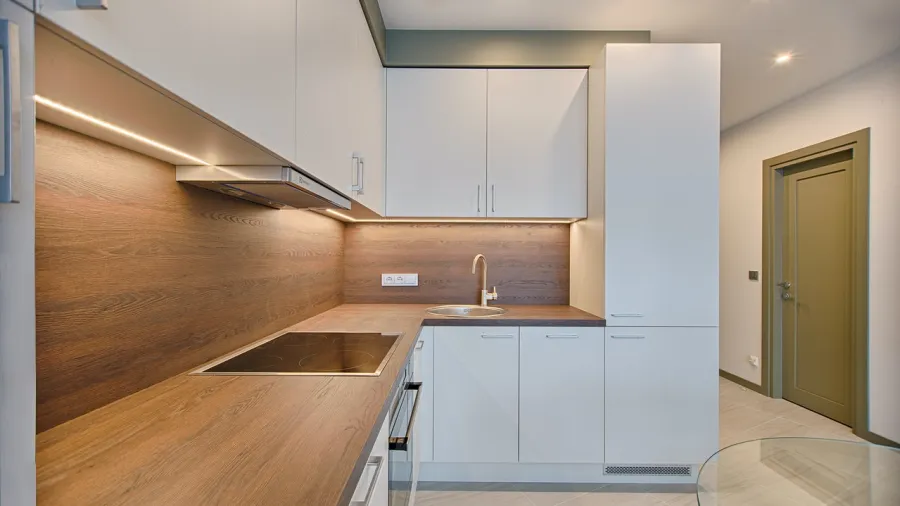
Jakarta’s serviced apartment supply to reach 7,907 units by 2027
A project from Ascott Group will add 726 units.
According to a Colliers report, the serviced apartment sector in Jakarta added no new units in Q1 2025, keeping inventory at 7,181 units. This year, the market is poised for growth with the anticipated operation of three new projects—one by Accor in the CBD and two by Ascott in non-CBD areas.
“Looking ahead to 2027, an additional Ascott Group project is slated to operate in West Jakarta. With this addition, the total supply is projected to increase by 726 units, bringing Jakarta’s serviced apartment inventory to 7,907 units by 2027,” the report said.
Here’s more from Colliers:
Entering Q1 2025, we observed a decline in occupancy, with the overall rate standing at 56.8%, reflecting a 5.4% QOQ decrease. This downturn is primarily attributed to several key factors. Notably, government budget cuts and spending efficiency measures have significantly impacted apartment developments that rely on government-related tenants.
In turn, corporations have also felt the impact, with some postponing leasing decisions due to economic uncertainty and project rescheduling, particularly among those collaborating with government institutions.
Furthermore, occupancy declines have also resulted from lease expirations, while some tenants have deferred renewals due to the Eid holiday, with new leases expected to commence in Q2 2025.
Looking ahead, occupancy in certain apartments is expected to recover post-Eid. However, for developments with a strong reliance on government-related tenants, occupancy levels are likely to remain steady with minimal fluctuation.
In 2025, rental rates have increased compared to the previous year, with CBD rates reaching IDR 469,332/sq m/month and non-CBD rates at IDR 407,701/sq m/month. Overall, rents in the CBD grew by 1% QOQ, while non-CBD areas experienced a more significant increase of 2.8% QOQ. By the end of the year, further adjustments are anticipated as new serviced apartments enter the market, potentially impacting overall rental trends.



















 Advertise
Advertise







